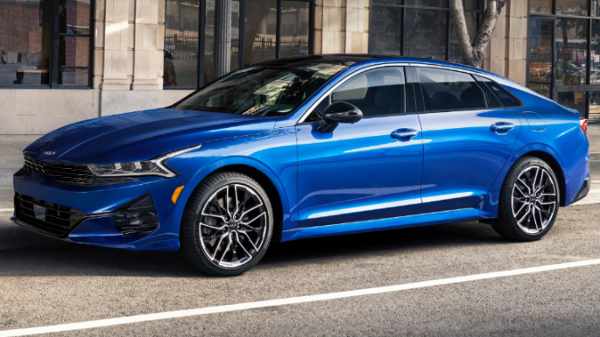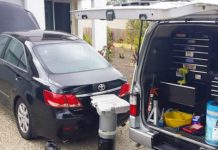Is your hobby harming your hearing? Make sure you understand the dangers riding a motorcycle has on your hearing and steps you can take to protect it with earplugs.

Motorcycles Are Loud
When riding a motorcycle, you are right in front of the loud sounds it composes. In fact, a motorcycle’s engine is on average about 90 decibels (dB). Depending on the engine your motorcycle has, sounds can reach up to 116 decibels. Hearing damage can occur at any noise that is 85 decibels or higher. To compare, normal conversation ranges from 60-70 decibels. The longer your ears are exposed, the more damage occurs. Once your ear is damaged, there is no coming back from it as the ear’s inner sensory hair cells do not grow back on their own.
The loud sound is mainly due to the exposed engine as well as the exhaust that your motorcycle has. Because of the small size of the exhaust, the noise does not have enough time to be absorbed through the motorcycle as the air rushes out. There is also not enough space to add noise reducing kits that cars have.
Why Wind Noise Can be Harmful
While it seems that the sounds from the motorcycle are your ear’s biggest threat, the real culprit is wind noise.
Wind noise is a sound that is produced by wind when it encounters an obstacle, such as your head when riding a motorcycle. In short, wind noise is the whooshing sound you hear when driving fast.
Wind noise is more dangerous than the sounds emitted from the actual motorcycle because of the speeds and decibels of the sound. For example, when driving slowly, the motorcycle decibels are a lot lower, but wind speed decibels at 37 MPH equals 75-90 decibels of wind noise.
Signs Riding a Motorcycle May be Affecting Your Hearing
- Tinnitus (ringing in your ears) after you finish a ride
- Temporary hearing loss, hard to hear
- Your ears get sensitive to loud sounds
- Muffled sounds after riding
What Damage Can Happen to My Ear Drums?
Temporary Threshold Shift (TTS)
A disease that temporarily lowers your acute hearing pattern. As a motorcyclist exposes themselves over an extended period of time, they may damage their hearing ability permanently.
Noise-Induced Hearing Loss (NIHL)
This type of hearing loss is preventable and caused by excessively loud sounds. It damages sensitive structures in the inner ear. There is no cure for hearing loss, in fact, hearing loss accumulates over time.
Adds to Motorcycle Driving Fatigue
Extended exposure to wind while riding your motorcycle causes dehydration and fatigue. Without wearing the proper safety equipment, such as a full face helmet, you will not be as well protected from wind fatigue. Wearing a full helmet allows your skin to be cooled down from sweat, keeping you awake.
Driving your motorcycle while fatigued is dangerous. Because motorcycle riding needs so much attention, any split second of tiredness can lead to an accident. If you get into an accident while riding a motorcycle, you should contact a motorcycle attorney that can help you.
How to Protect my Ears
Wear the proper protective equipment
- Earplugs made specifically for riding motorcycles
- Earmuffs
- Noise canceling headphones/earphones
Modify your motorcycle to reduce its noise
- Replace your muffler
- Patch up any holes in your exhaust
- Wrap your motorcycle’s pipes, reducing exhaust vibration
- Install an exhaust silencer
Avoid super high speed rides, which is the factor of wind noise, and get your hearing tested by a professional.
Can Wearing a Helmet Protect Ears?
Wearing a helmet when riding a motorcycle is of number one importance. Not only does it protect your head in case of an accident, but it can reduce wind speed by 7-10 decibels.
There are specific helmets that help protect your hearing such as a quiet or smart helmet. Some smart helmets have noise canceling and noise reduction muffs that physically wrap your ears.
It is still important to note that even when you wear a helmet, you should combine it with other safety equipment such as ear plugs, as it doesn’t prevent ear damage.
At the end of the day, it is important to protect your ears. If you notice your hearing has been damaged, contact your doctor for help.






















